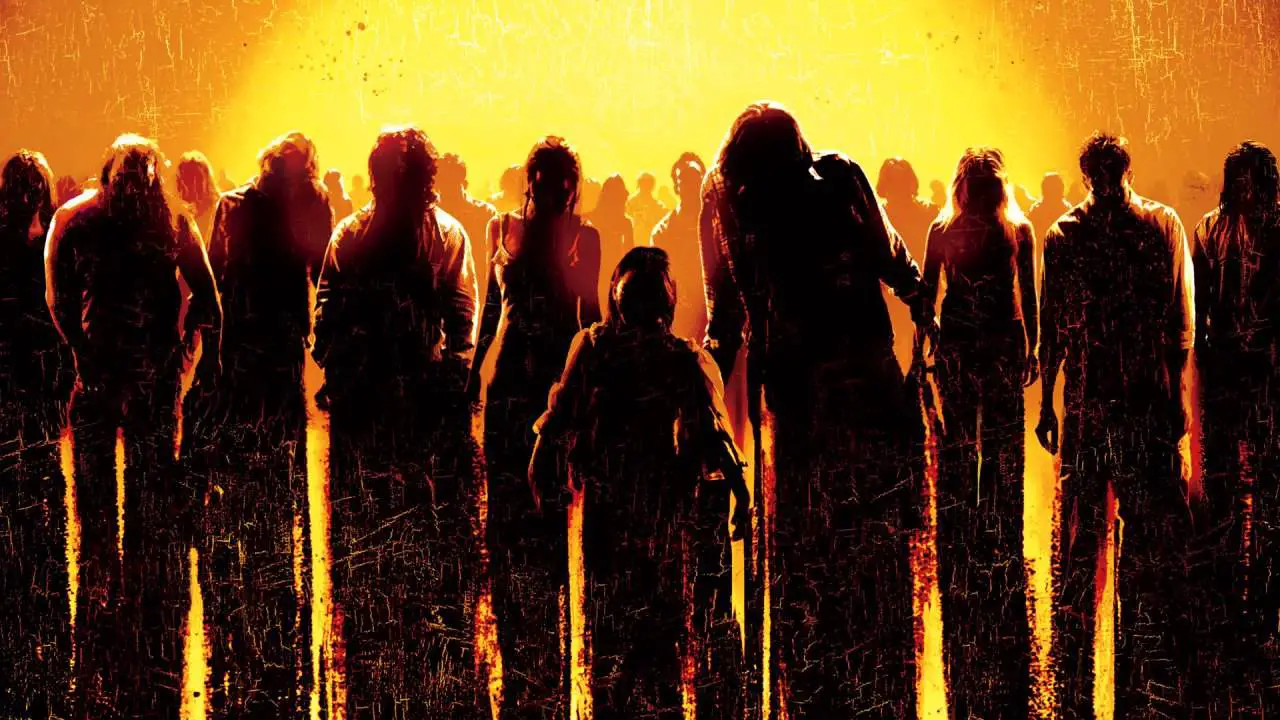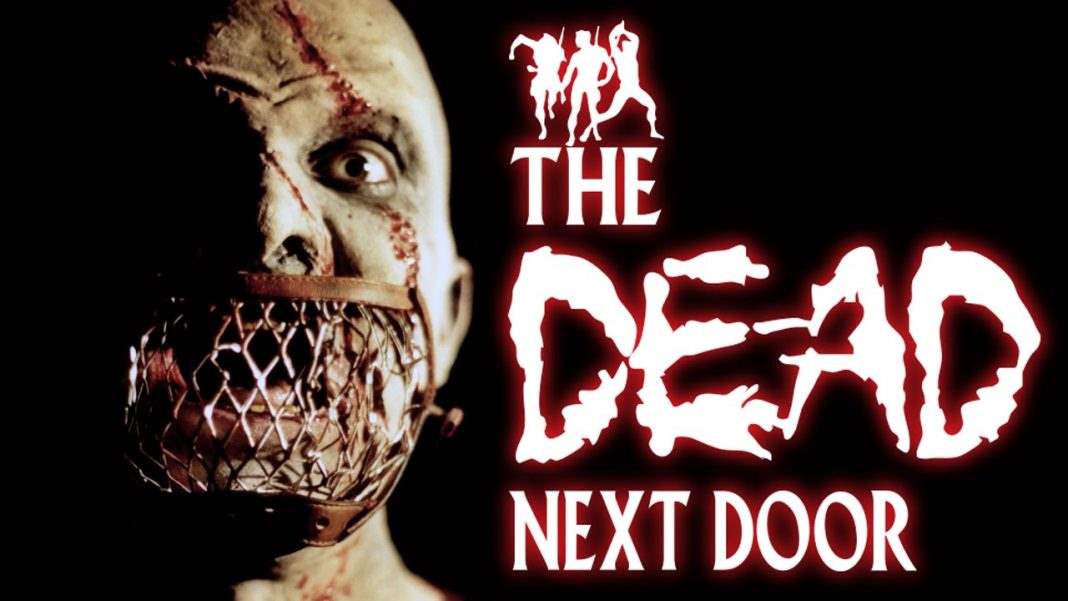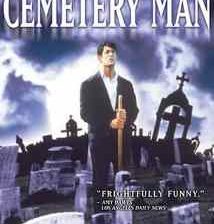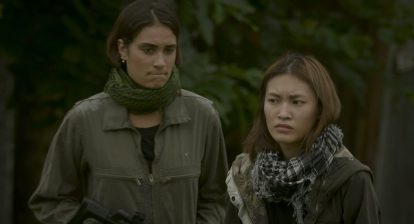Within the horror genre, there are a seemingly endless stream of zombie movies that take place in a post-apocalyptic world. Movies such as Dawn of the Dead and World War Z fantasize about a society in which the government has collapsed and been replaced by a survivalist culture, where people scurry like rats from day to day, just trying to get by.
These films depict a universe where social structures are diluted into small groups, more reminiscent of medieval villages than of the organization of the 21st century. The ideas of an independent identity have disappeared and are replaced by primitive patriarchal structures led by men and supported by women.
It is, therefore, surprising in contemporary times that people often seek relief from daily frustrations in zombie and apocalyptic movies where death circles close and comfort is a distant dream. However, humanity’s fascination with the apocalypse and the end of the world is not relative only to the last thirty years.
This is actually a phenomenon that has been prevalent for thousands of years. Every structured society, even in Ancient times, has had their own beliefs about the end of the world. Egyptians, Greeks, Norse, Iranian, and Native American cultures are just some of the people that addressed and were entranced by the end of the world.
For example, Egyptians suggested that the world would be engulfed in water in the end, while Greeks, who actually gave us the word ‘apocalypse’, believed that the world had already been through numerous cycles and would finally end when their gods were fed up with them. Additionally, there are large amounts of artwork timed during the Renaissance, in particular, that depict the Book of Revelations.
In America, we’re slightly obsessed with the end of the world, with countless books and films dedicated to it, along with a seemingly endless amount of supplies available that are aimed at serving modern day doomsday preppers, who build shelters and are constantly training their families for the end.
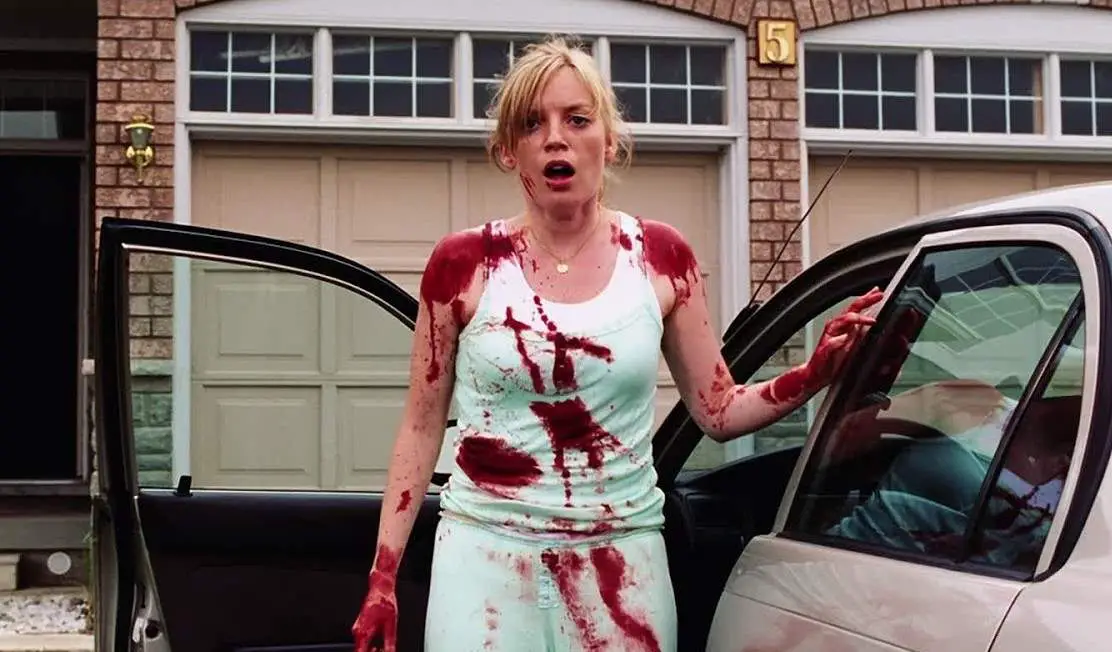
A show on the National Geographical Channel, called Doomsday Preppers, focuses on some such people, who spend virtually all of their time waiting for a future that may never come. To others that aren’t preppers, this seems insane, but there are actually deeper reasons behind this sort of mentality.
Historians have long argued about how governments and societies have used apocalyptic beliefs to numb people from the reality of desperate situations, like poverty or war, while simultaneously pushing political agendas.
This is a concept similar to the propaganda used in WWII, when the population was focused on supporting the war effort, and not with dealing with the Great Depression. Taking comfort in something greater suppresses the anxiety of the stresses of daily life, easing a troubled population in a subtle, but effective way.
However, on the other hand, there is a silent psychological effect that provides comfort to those believing in the apocalypse and in being a doomsday prepper. When these people religiously cling to their ideas about the end times, it actually gives them comfort and a sense of purpose. Rather than float through life unsure of the future, they create goals and give their lives meaning by building bomb shelters and collecting canned food.
Furthermore, finding others with the same principles provides a social support group and helps these people to be active members of society. Although this is not exactly an accepted way of thinking, it is not that different from obsessive fans of celebrities or sports teams. Also, finding other like-minded people helps those going through tough times and prevents them, potentially, from partaking in destructive behaviors as a result.
 Despite possible psychological comforts, most movie-goers who relish in zombie movies or other dystopian films actually often have a sense of romanticizing the end of the world. Thinking about surviving and being closer to nature makes the end of the world almost poetic, instead of the horrible reality of what it most likely would be.
Despite possible psychological comforts, most movie-goers who relish in zombie movies or other dystopian films actually often have a sense of romanticizing the end of the world. Thinking about surviving and being closer to nature makes the end of the world almost poetic, instead of the horrible reality of what it most likely would be.
Additionally, similar to when governments would push these stories to ease stressors, today’s world is completely globalized and it is not pretty. Everyday, Americans can turn on their televisions to see war, genocide, and poverty in a country thousands of miles away, but their preferred alternative to even the playing field between countries is to cleanse the world with an apocalypse.
Zombie movies contribute, not only to humanity’s morbid fascination with the end of the world, but also to the desire for a simpler time away from the stresses of a highly connected world and difficult daily life. But, it is strange that instead of seeking comfort in each other, often the more valued option is looking forward to a time where people will potentially be ripped apart by flesh-eating zombies.
